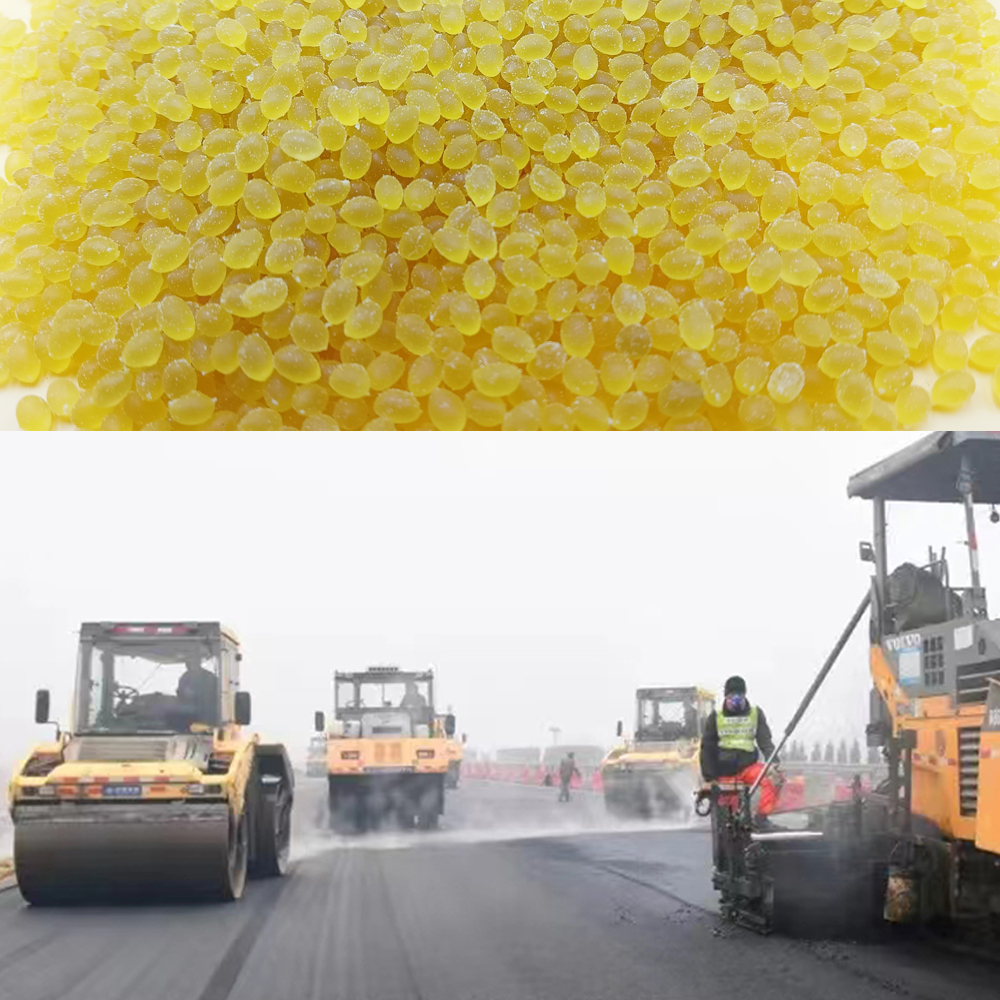Table of Contents
Benefits of Using Viscosity Enhancers in Asphalt Mixtures
Viscosity enhancers play a crucial role in improving the performance of asphalt mixtures. These additives are designed to increase the viscosity of asphalt, which in turn enhances its workability, durability, and overall quality. By incorporating viscosity enhancers into asphalt mixtures, contractors and engineers can achieve better results in terms of pavement performance and longevity.
One of the key benefits of using viscosity enhancers in asphalt mixtures is improved workability. Asphalt with higher viscosity is easier to handle and manipulate during the paving process. This means that contractors can achieve better compaction and smoother surfaces, resulting in a more uniform and durable pavement. Viscosity enhancers also help reduce the risk of segregation and improve the overall quality of the finished pavement.
In addition to improved workability, viscosity enhancers can also enhance the durability of asphalt mixtures. By increasing the viscosity of the asphalt binder, these additives help prevent rutting, cracking, and other forms of distress that can occur over time. This results in a longer-lasting pavement that requires less maintenance and repair, saving time and money in the long run.
Furthermore, viscosity enhancers can improve the overall quality of asphalt mixtures. By increasing the viscosity of the binder, these additives help ensure that the aggregate particles are well coated and bonded together. This results in a stronger, more cohesive mixture that is less prone to moisture damage, rutting, and other forms of distress. As a result, pavements constructed with viscosity enhancers are more durable and have a longer service life.
Another benefit of using viscosity enhancers in asphalt mixtures is improved resistance to temperature fluctuations. Asphalt pavements are subjected to a wide range of temperatures throughout the year, from freezing cold in the winter to scorching heat in the summer. Viscosity enhancers help stabilize the binder and prevent it from becoming too soft or too brittle in extreme temperatures. This helps reduce the risk of rutting, cracking, and other forms of distress that can occur as a result of temperature fluctuations.
Overall, the benefits of using viscosity enhancers in asphalt mixtures are clear. These additives improve workability, durability, and overall quality, resulting in better-performing pavements that last longer and require less maintenance. By incorporating viscosity enhancers into asphalt mixtures, contractors and engineers can achieve superior results and ensure the long-term success of their projects.
In conclusion, viscosity enhancers are a valuable tool for improving the performance of asphalt mixtures. These additives offer a wide range of benefits, including improved workability, durability, and resistance to temperature fluctuations. By incorporating viscosity enhancers into asphalt mixtures, contractors and engineers can achieve better results and ensure the long-term success of their projects. Whether it’s a new construction project or a pavement rehabilitation project, viscosity enhancers can help deliver superior results and ensure the longevity of the pavement.
How to Choose the Right Viscosity Enhancer for Asphalt Applications
Viscosity enhancers play a crucial role in the performance of asphalt in various applications. These additives help improve the flow properties of asphalt, making it easier to work with and ensuring better performance in different weather conditions. Choosing the right viscosity enhancer for asphalt applications is essential to achieve the desired results and maximize the benefits of the additive.
When selecting a viscosity enhancer for asphalt, it is important to consider several factors to ensure that the additive meets the specific requirements of the application. One of the key factors to consider is the type of asphalt being used. Different types of asphalt have varying properties and requirements, so it is essential to choose a viscosity enhancer that is compatible with the specific type of asphalt being used.
Another important factor to consider when choosing a viscosity enhancer for asphalt applications is the intended use of the asphalt. Whether the asphalt will be used for road construction, roofing, or other applications will determine the specific requirements for the viscosity enhancer. For example, asphalt used for road construction may require a different viscosity enhancer than asphalt used for roofing applications.
It is also important to consider the temperature conditions in which the asphalt will be used. Viscosity enhancers are designed to improve the flow properties of asphalt at specific temperature Ranges, so it is essential to choose an additive that is suitable for the temperature conditions in which the asphalt will be used. This will ensure that the viscosity enhancer performs effectively and provides the desired benefits in the specific application.
In addition to considering the type of asphalt, intended use, and temperature conditions, it is also important to evaluate the performance characteristics of the viscosity enhancer. Different viscosity enhancers have varying performance properties, such as shear stability, compatibility with other additives, and resistance to aging. Evaluating these performance characteristics will help determine the effectiveness of the viscosity enhancer in the specific application and ensure that it meets the desired requirements.
When choosing a viscosity enhancer for asphalt applications, it is also important to consider the environmental impact of the additive. Some viscosity enhancers may contain harmful Chemicals or have a negative impact on the Environment, so it is essential to choose an additive that is environmentally friendly and complies with regulations and standards for environmental protection.

Overall, choosing the right viscosity enhancer for asphalt applications requires careful consideration of several factors, including the type of asphalt, intended use, temperature conditions, performance characteristics, and environmental impact. By evaluating these factors and selecting a viscosity enhancer that meets the specific requirements of the application, it is possible to achieve the desired results and maximize the benefits of the additive in improving the performance of asphalt in various applications.
| Nr. | Products |
| 1 | Asphalt bonding agents |

